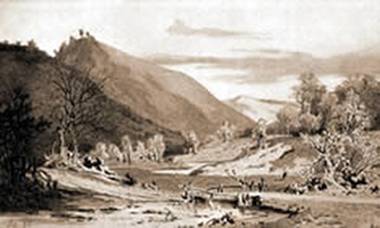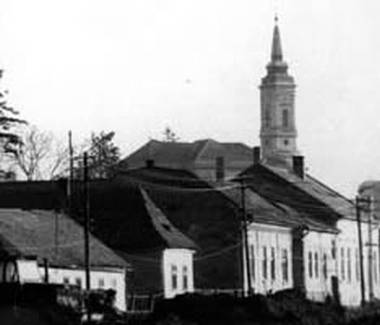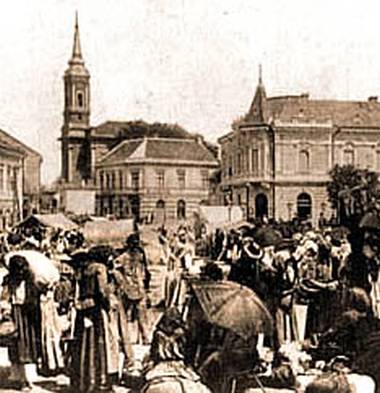HISTORY
|
The archeological discoveries proved that traces of humans in this area are to be dated back to the Neolithic, 6.500 years ago. Dacian coins discovered in the central and western part of the town as well as other Roman elements prove that the area was inhabited since those times. After Dacia was conquered by Traian (106), the border of the Roman Empire crossed the Mesesului Summit, in the north being the Dacian tribes while in the south-east, the Roman defense-works, towers, walls and defense moats. "Gesta Hungarorum" (also called the Anonymous Chronicle- the notary of King Bela the 4th)- offers the first written document regarding Zalau. The work was written around the year 1210. Even if there were found human traces dating to 900 BC, the first documented attestation appeared in 1200. After the Tartar rushing in 1241, in 1246 the town was taken into the Oradea Catholic Episcopate administration until 1542 when it joined the Transilvania Principate. Matei Corvin (Hungaria and Bohemia’s king) first declared Zalau “town -market” on the 1st August 1473 offering its citizens the right to free trade with and economic independence. Throughout the history it had different names: "Zila" ( 1220), "Oppindum Zillah" (1473), "Zila" (1601), "Szilaj-Sszilagy" (1839), "Szilaju" (1850), "Zilah-Walthenberg-Zalau since 1854. By the end of the XVI-Th century it belonged to Transilvania and possessed an autonomous leadership made of 33 senators of which one was the mayor. They also had a notary, an archivist and a cashier. Other important moments in the history of the town are the years 1571 (the reign of Stefan Bathory), 1600 (the reign of Mihai Viteazu) and after Transilvania joined the Habsburgic Empire- when the town was marked by an economic decadence. After Mihai Viteazu's victory in Guraslau, the town regained the real autonomy that offered its citizens administrative, fiscal and military laws. A chronicle from the XVII-th century writes down for the first time the trades of the Zalau inhabitants: strap makers, potters, wheelwrights, shoemakers, tailors, blacksmiths, carpenters, hat makers and not at least, armourers. Zalau has always been a central town and since 1968 it became the residence of the Salaj county. Ten years later it became the municipal town of the county. Today it is an important industrial centre of the country with a life of its own. |
 |
 |
|
 |


